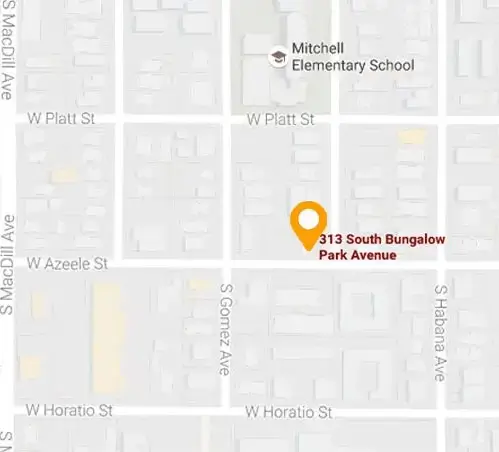It’s that time of year that many parents anticipate with a bit of relief. Children are already back to school or are heading there shortly, depending on your district. Of course, that means many changes for the family’s schedules.
Parents might have a little more quiet time during the day, and children get busier with school friends and activities. This also means that your children’s schedules become less predictable and sometimes harder to work around when it comes to sharing custody.
A warning about verbal modifications
Once school is back in session, sticking to a parenting plan can be difficult for the most organized parent. Add in possible residual bad feelings towards your ex-spouse, and things can go downhill very quickly even with the best intentions. Often times, when things become hectic, one of the parents responsible for the children will attempt to make verbal modifications to the terms of the parenting plan.
While this may seem like common sense on the surface, you need to take care. Even if, at first, you both agree to verbal changes, if your ex-spouse changes his or her mind, you can find yourself facing contempt of court charges for failing to follow the parenting plan.
Florida Statute 61.13(4)(d) spells this out clearly and states, “A person who violates this subsection may be punished by contempt of court or other remedies as the court deems appropriate.” So, if you have been making verbal changes to your parenting plan, you may want to think again.
Recourse is available to you when the other spouse does not comply
On the other hand, if your spouse is the one making verbal or unannounced and unanticipated changes, then you need to know what remedies are available to you.
Florida Statute 61.13(4)(c) provides legal support for the parent who did not receive scheduled visitation and recourse for the parent that attempted to change the terms of the parental plan verbally.
If you were denied time with your children, the court may order additional time with your children to make up for the missed scheduled time. In addition, the parent that changed the schedule may have to pay any court costs or attorney fees you incurred.
In more extreme cases, it is possible that the court could order the offending parent to perform community service. The offending parent could also be required to go to a parenting course approved by the court, and the non-offending parent would have an opportunity to modify the parenting plan as long as the modification is deemed in the best interests of the child. Finally, the offending parent can face contempt of court charges for the verbal changes to the schedule.
Don’t rely on verbal changes; rely on your lawyer’s help
While it may seem harmless to make a verbal change in your parenting plan, it can have serious outcomes if the other parent is quick to go to court or if your relationship with your ex is less than friendly. If in doubt as to what you can and cannot change or if you should go to court over a change that has been made to the schedule, it’s best to contact a professional.








